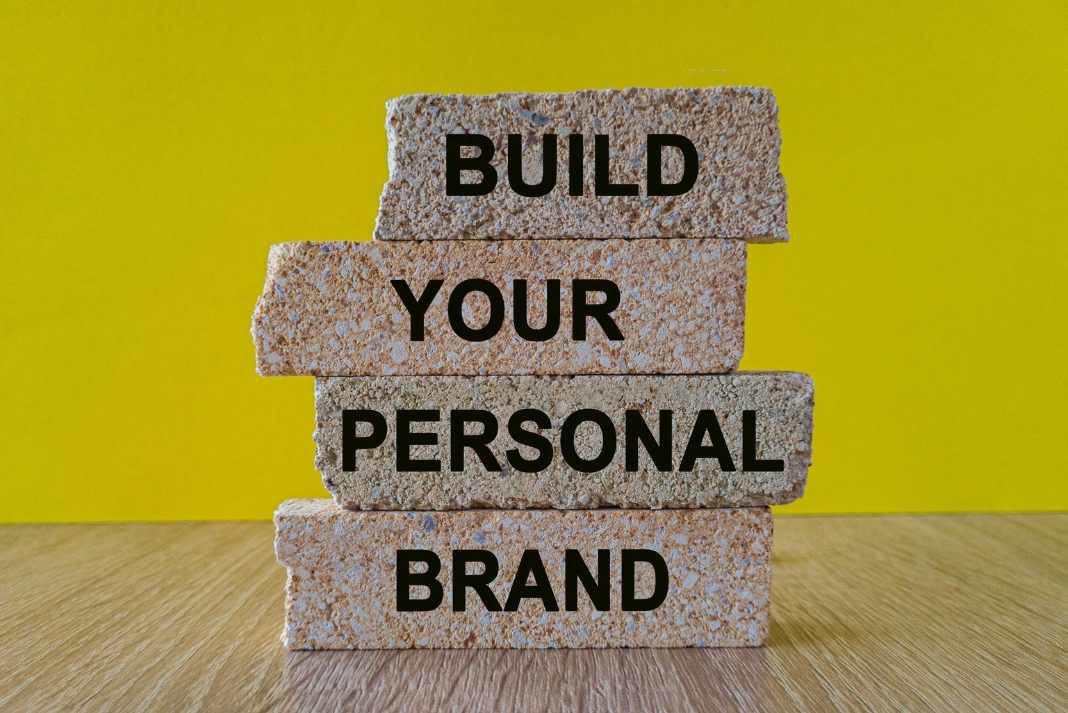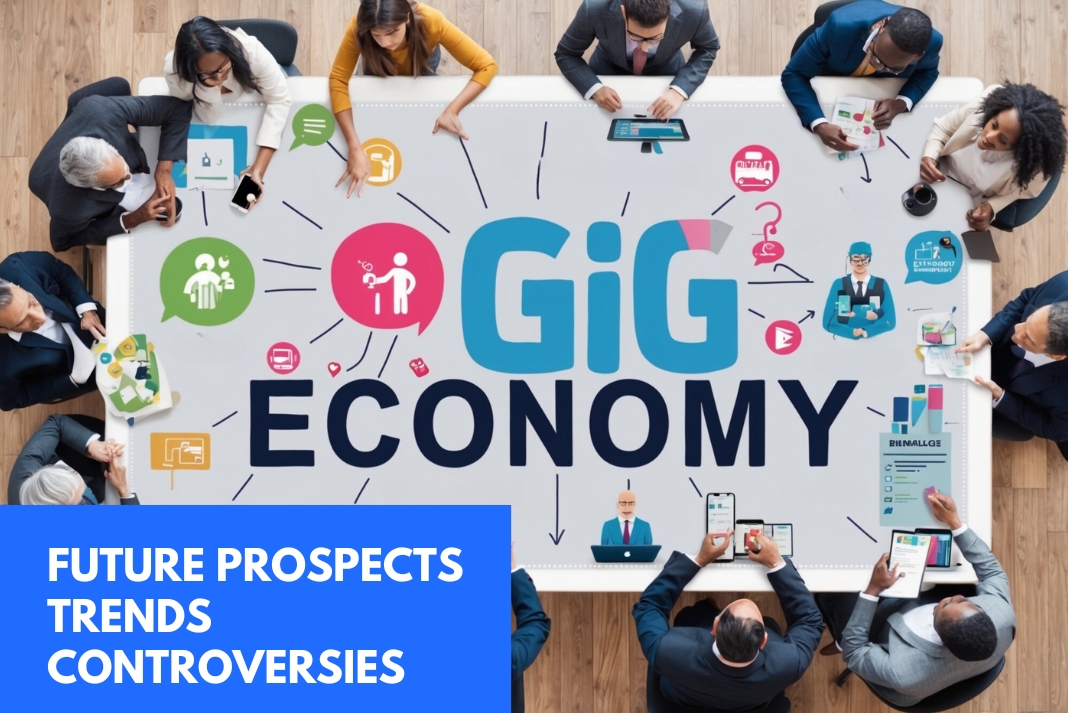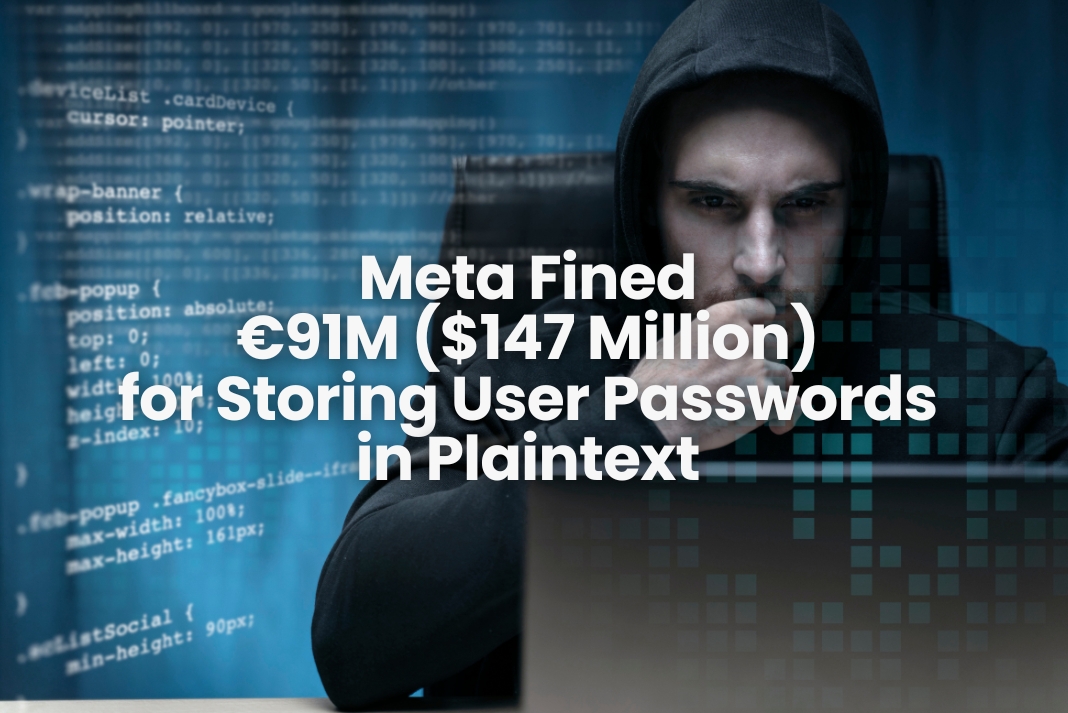What Is a Personal Brand?
Personal branding is personality including skill set, past achievements, belief system, and emotional disposition that an individual showcases. Otherwise, it refers to how people consider you officially and the esteem that accrues to your status. For example, personal branding can be viewed as the continual narrative you give about yourself, consciously or unconsciously, through your writing, communications, and interpersonal activities, and parametrically through your persona online and offline.
A personal brand is the next level to a good resume or an optimized LinkedIn profile. And it is about creating an image that you need to develop to go along your career type, and to prove yourself, so people would come to you with various offers. And no, it does not matter whether you’re an entrepreneur or a regular working chap, a corporate employee or a person who wants to switch careers; your brand is a tool of great value.
Why is personal branding important in the workplace?
- It Sets You Apart in a Crowded Job Market
In today’s world of job competition, hiring managers are given 100s of CVs for a single vacancy they want to fill. Personal branding gives you the much-needed competitive edge since you create a distinct story to tell about yourself. It enables the people interested in recruiting employees to determine their worth, experience, and specialty at first glance.
Personal branding: This means when you hold a personal brand, you do not just disappear into a crowd of other applicants. It means it supports a clear identity, and this identity allows people to remember you. It is especially relevant if you’re applying for a managerial position or if the field is saturated – every point counts.
- It Builds Trust and Credibility
Your personal brand is about establishing credibility in front of your target market or the people you want to sell yourself to: your employer, your clients or your fellow employee. Over time people start perceiving you as an expert whose opinions they can rely on and advice they can follow. A strong personal brand ensures that people trust you, respect your opinion and trust that your work is professional.
It is not only the clarity one has on himself, on what he is, what he wants, and what he does, but the image other have of him. This way when people know what you stand for they are likely to trust your insights, your recommendations and your abilities. In this light, trust can beget more chances in equal measure the chances are in fancy jobs, promotions or even connections.
- It Helps You Control Your Narrative
It is obvious that when one strives to build personal brand, one of the potential advantages is that one attains ownership of ones own story. In today’s society people determine people they like or dislike depending on the information they find online. Best example, this could be your linked in profile, the way you design your personal website or even the way you comment on social media.
A personal brand means one has control over the image that person presents to the public and the public receive. You have control over the content that’s on your profile and to an extent, how you want to be viewed by your professional network. In the context of positioning, personal branding is a type of narrative management where you determine what story people have about you.
- It Creates Opportunities for Career Growth
However, if a person has developed a strong personal brand then they can be certain to find new opportunities in their profession that they previously could not. If not for being asked to be a keynote speaker in a conference, being selected for job openings, or for being selected to design major development projects, a strong brand identity is crucial.
When people are aware of your name and knowledgeable about your specific specialization, then business comes to you. A personal brand also ensures that one is likely to get referrals and recommendations which help one’s career a lot.
- It Helps You Connect with the Right People
It builds a network of like-minded as well as like-interested and like-minded people in our line of work and career goals. When you establish your identity for what you are and for what you are worth to be fighting for, you will likely to attract attorneys of similar demeanor. Networking is not just important to know who but to offer a connection that a personal brand facilitates effectively.
When your brand is defined, you bring the right professional connections in to help you evolve. Through such connections, one is able to get an opportunity to work together, be mentored or even get an employment, if one has a strong and positive personal branding then one is able to find your professional family.
How to Build Your Personal Brand ?
We have seen reasons why everyone should pursue personal branding; now, let us discuss how you can start creating your personal brand as well as how you can maintain it.
1. Define Your Brand
The first aspect of building the personal brand is therefore developing a clear comprehension of what truly defines the brand you are creating. Knowing what are your best skills, beliefs and interests? Which kind of skills and experiences can be considered as your aptitudes and achievements on the given position?
Ask yourself:
- What are your key skills and expertise?
- What are your values and professional passions?
- How do you want to be perceived by others?
- What is your unique approach to solving problems in your industry?
Once you need these answers, you can draw a clear picture of your brand. This may be a process of trial and error, but it is about being real and realizing who you really are.
2. Create Consistent Content Across Platforms
A personal brand needs to be harmonious across platform which may include LinkedIn, twitter, personal website or any other social platform. The analysis of consistency helps to strengthen and define your brand to make it easier to recognize.
Start by:
- Optimizing your LinkedIn profile: Make sure your bio, headline, and work experience aim at the niche you have branded yourself for.
- Creating a personal website or portfolio: If applicable to your field of practice, a personal website is an opportunity to present one’s portfolio, awards, and opinions on the sector’s tendencies.
- Sharing content regularly: Discuss articles, publishes ideas, or even your opinion about something going on in the industry. It not only allows you to keep the company fresh in the recipient’s mind but does it while establishing yourself as an expert in the industry.
Just bear in mind that the content you are putting on your page should look and feel like your brand. Do not share posts on topics you find uninteresting, or share content that does not support the professional image you have created online.
3. Network with Intention
Networking is part of branding; however, the process should not be random but planned. Connect with individuals who have similar business beliefs as yourself, individuals in your industry or anyone who has a professional interest in what you do.
Instead of going to functions and meeting people or trying to connect with strangers on the LinkedIn network, learn how to connect better. Should provide help in some form to others through tips, information, or even materials. Contribute to conversations and do it in a way that would represent your brand.
4. Demonstrate Value Through Your Work
It means that personal brand is not only about what we think and say, but what we do as well. When it comes to your job performance avoid the bare minimum. Introduce your capability and be able to provide quality outputs. As you work on a project at your workplace or are a freelancer, your work speaks volumes about your capabilities.
If you are in a creative or technical line of work it would be useful to record your process and outcomes in a portfolio or case series. This makes it possible for any potential employer or client to get abetter view of the tangible results and how your technique births success.
5. Be Authentic and Vulnerable
Hustle is important when it comes to building a personal brand, but they don’t need to be perfect all the time. The individual links with genuine and real persons. What a great way to show that everyone faces trials and being able to talk about these struggles and learning from them too, are human.
This way, you will be more believable to your readers, and thus are more likely to foster a significant relationship with your audience. True confessions aid you in differentiating, as people like honesty, and it is important to be credible.
6. Seek Feedback and Adjust
Developing a personal brand is a lifelong endeavor; people should always ask for new evaluative feedback and adapt if necessary. Get feedback from co-workers, chiefs or other professionals you work with, regarding your image and whether or not your audience find it appealing.
Accept negative comments about yourself professionally and be ready to modify the way your positioned in the market.
Conclusion: Your Personal Brand is Your Career Superpower
Today, it is crucial to begin creating your own brand because in the environment full of rivalry, brand would help to occupy a certain position and find new opportunities for a person. After setting out clear parameters to understand what makes you an expert in your field, sharing this knowledge with others, and continuously providing people with value, you’ll populate your professional reputation.
As I like to remind my clients, your personal brand is an investment in your future. Sometimes it may take a while but we definitely get the benefits in the long run. No matter you target at a promotion or a new job, a career change or just a new connection, your personal brand is your single biggest asset for a long-term successful professional life.




